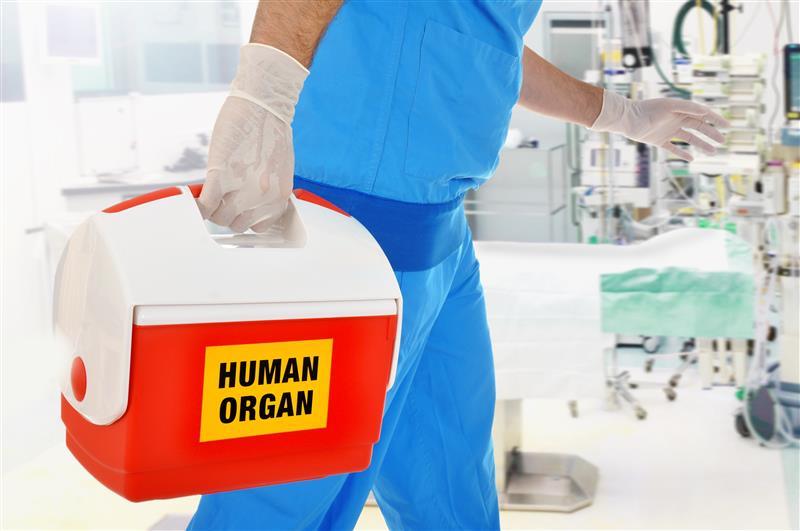Social media may help increase organ donation in Hong Kong





Greater effort should be made to facilitate registration for organ donation after death in Hong Kong in both face-to-face and online settings, according to researchers from the Chinese University of Hong Kong (CUHK).
“In Hong Kong, greater emphasis on the importance of registering as prospective organ donors ought to be made by proactively reaching out to passive-positive donors. The use of social media platforms may help in engaging those donors by providing immediate opportunities for online registration,” the researchers suggested.
In the cross-sectional study, data were collected from 1,000 Hong Kong Chinese residents (female, 68.3 percent; ≥61 years old, 67.6 percent; non-religious, 73.6 percent) through telephone interviews based on random sampling.
Only 31.3 percent of respondents were willing to donate organs after death, whilst 43.3 percent were indecisive, and 25.4 percent showed objection to organ donation. [Hong Kong Med J 2020, doi: 10.12809/hkmj198176]
About half (56.4 percent) of the respondents supported their family member’s decision in becoming a prospective organ donor, whereas 36.6 percent were uncertain, and 7 percent showed objection to organ donation.
Among those who were willing to become an organ donor, only 34.2 percent had registered on the Centralized Organ Donation Register (CODR), and 55.3 percent had expressed such wishes to their family members. Surprisingly, more than 30 percent had never heard of the CODR and nearly 90 percent had never visited its website.
Among respondents who had registered on the CODR, 98.1 percent did so in the hope of rekindling others’ lives, 93.9 percent felt that their organs would otherwise be futile after death if left unused, and 47.7 percent were influenced by the success stories of organ donation publicized through the media.
Attending organ donation promotional booths was the most common means of registering on the CODR (47.7 percent), followed by registration by post (28 percent) and online (24.3 percent).
Among those who expressed willingness to donate organs but had not registered, 52.2 percent, 47.8 percent, 37.8 percent and 20.4 percent said they were indecisive, too busy, too lazy, or forgetful, respectively, while 32.8 percent were unaware of the means of registration.
For those who were indecisive or refused to donate organs, 30.7 percent wished that their body would remain intact after death, 7.1 percent refused due to religious beliefs and were concerned that organ donation might increase their suffering, and 6.8 percent felt that suboptimal or inadequate medical care would be provided upon agreement with organ donation.
Misconceptions about organ donation were common, with more than 60 percent and 34 percent of respondents believing that organ donations were allowed only in perfectly healthy individuals or in young individuals. Moreover, 6.6 percent and 4.5 percent of respondents felt that organ harvest would cause unnecessary pain to the deceased person and delays in funeral arrangements, respectively, while 1.7 percent had the impression that the supply of donated organs was adequate in Hong Kong.
With 77 percent of the respondents using smartphones to access social media platforms, the researchers suggested that these platforms can be used to engage with potential donors and provide opportunities for online registration. WhatsApp was the most commonly used social media platform (55.9 percent), followed by Facebook (46.0 percent) and YouTube (32.8 percent), with 59.5 percent of respondents feeling that these platforms were effective at engaging the audience.